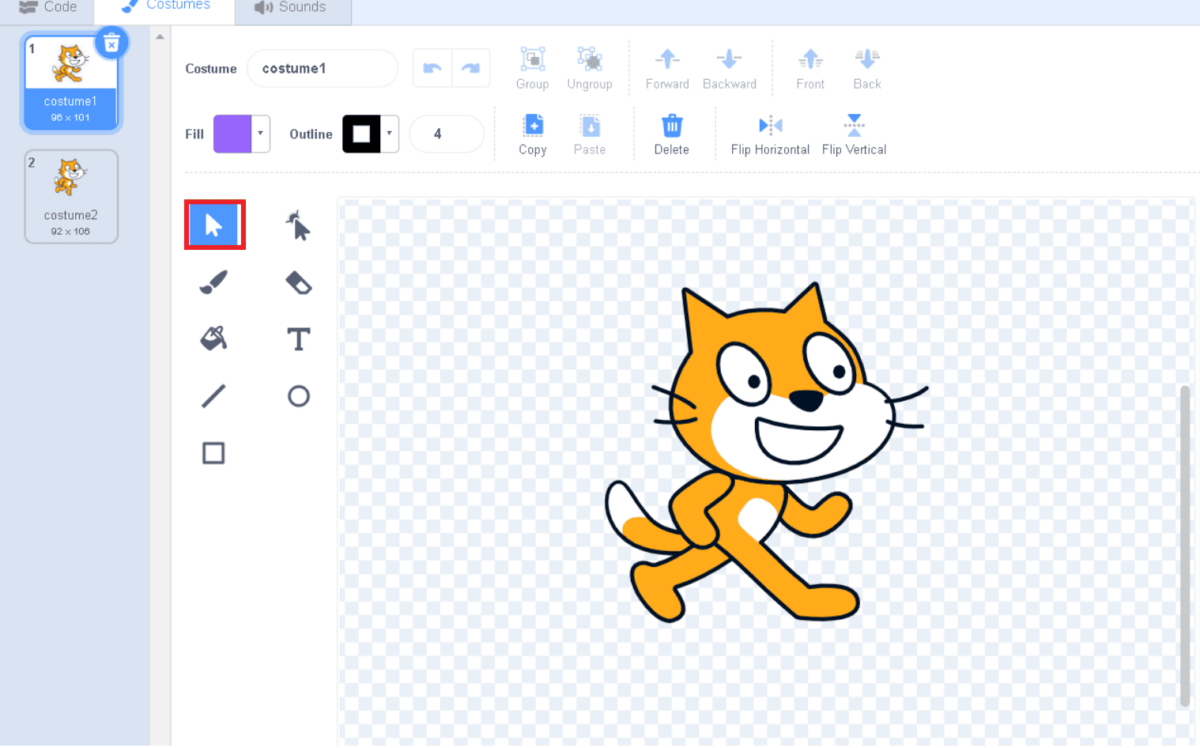For my second reflection post, I will be responding to some questions following watching the documentary film “Most Likely To Succeed” and the Ted Talk by Jeff Hopkins. Many of my opinions on the following prompts will be inspired by the points made in these two videos as they shifted my mindset regarding traditional school.
Questions: Do we need to reimagine education? What are the obstacles of creating an inquiry based classroom? What excites me about this approach?
reimagining education seems like a large task and impossible to grapple with, but with the use of inquiry we can make changes to our pedagogy with simple switches in our language, approach, and materials. Jeff Hopkins proposes this idea of shifting from knowing to knowing about which prompted me to think about our current society and what we value as important knowledge now. We are now in a society where we have many tools and technology that can do tasks for us. We are out of an industrial economy and into a knowledge economy. This is an idea I explored in my educational psychology class and stems from Keith Sawyer’s Learning Sciences. The learning sciences is an interdisciplinary field that studies teaching and learning (Woolfolk 2022). The learning sciences compliments the frameworks of inquiry based learning by putting the learner first and activating prior knowledge to promote creativity and curiosity. Being in a knowledge economy compliments Jeff Hopkins’ shift from knowing to knowing about as we need to teach our students more life skills such as problem solving, collaboration/conversation, and growth mindset. All of these points I have made are assets for today’s students going into careers and being participants in our current society.
Shifting to an inquiry based approach to your pedagogy is key in preparing your students for a knowledge economy. However, there are some barriers to this approach that the “Most Likely to Succeed” documentary. The documentary presents students and parents being resistant to the inquiry approached learning as they fear it is not preparing students enough for SAT’s and post secondary education. With inquiry, there can also be a lack of standardization and structure that we see in traditional curriculums.
This approach excites me as I feel it will produce more confident and independent students and human beings going into our society and work force. As a future teacher I have concerns about staying organized and conducting accurate and thorough assessment strategies along with the inquiry and student led approach.
Woolfolk, A. (2022) 180 day subscription: Educational Psychology, seventh Canadian edition, Pearson Education Canada.


